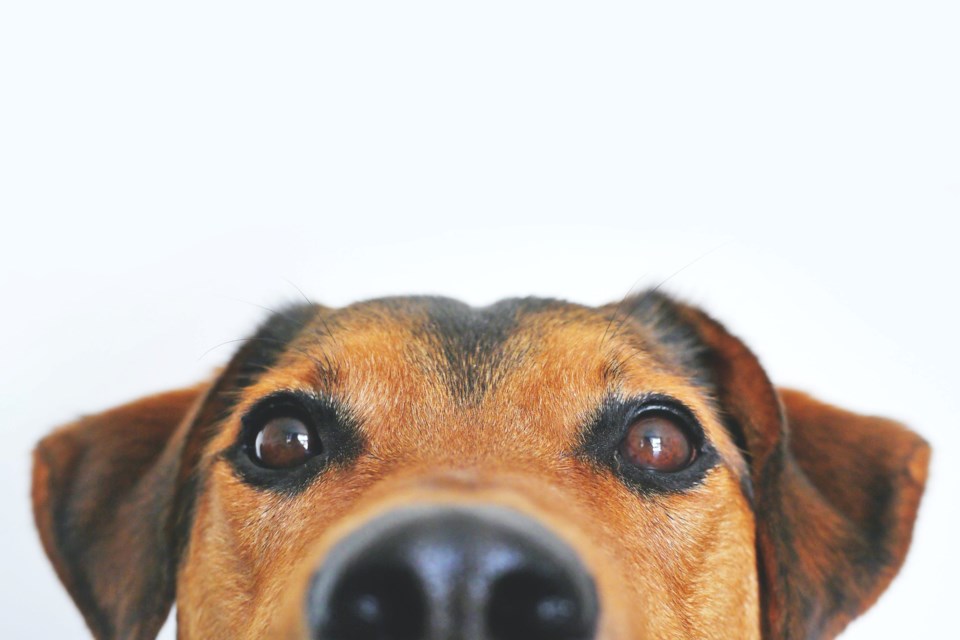Since the 1990s, raw meat-based diets have been a source of discussion with pet owners, pet food producers and veterinarians. Increasingly, pet owners are turning to raw for their pets. In 2022, raw food feeding increased by 30 per cent.
Owners are reaching for raw diets for a variety of reasons: increased coat quality, stool quality or often when dogs/cats have allergies or chronic gastrointestinal problems that have been difficult to control.
These perceived benefits are anecdotal and as of yet, there are few peer-reviewed studies that prove they are more than just anecdotal.
Fun fact: I have been asked why dogs are omnivores, while wolves are carnivores. Domesticated dogs do descend from the grey wolf, however they branched off between 13,000 and 17,000 years ago. Over that time, several metabolic and digestive changes occurred in dogs to make them omnivores. Why or how this happened as yet is unknown. Domestic cats, however, remain carnivores like their ancestors.
While there isn’t a lot of research showing the benefits of raw diets, the concerns associated with raw diets and homemade diets do have a lot of research behind them.
In November 2023, there were news articles across Canada about an outbreak of drug-resistant salmonella here and in the U.S. The outbreaks affected mostly children five years of ages or younger, and pets. Forty human cases have been identified, with 13 cases requiring hospitalization.
To date, two sources of the outbreak have been identified: Exposure to raw meat prepared for pets and contact with cattle.
The presence of pathogenic bacteria in raw food is well documented. Salmonella, E. coli, and listeria have all been detected in some commercially prepared raw diets. Pathogenic strains (species of bacteria that cause illness) have also been detected. Only proper cooking can kill bacteria, flash-frozen food will still have bacteria present when thawed and fed.
Raw food diets, particularly those that are homemade, are also concerning for not being nutritionally balanced. If you are not a veterinary nutritionist, it is very difficult to put together a balanced diet for both macro and micro nutrients to keep your pet healthy.
There are resources for recipes your veterinarian can provide if you would like to proceed with this, but I would strongly recommend cooking the meats due to the potential for bacterial contamination.
Most veterinary governing bodies, as well the Health Canada, the CDC, and the FDA, recommend against feeding your pet raw meat-based food or even supplementing your pet’s food with raw products. This is due to the increased risk of disease for you, your pet and the public.
I personally do not recommend raw food diets for my patients. I will provide information to pet owners to make an informed choice, and make sure that if they are feeding raw, they are aware of the risks, and the precautions to take. These precautions can be here from Health Canada.
What you feed your pet is a personal choice and with all the different foods available commercially and through your veterinary office, it can sometimes be difficult to navigate what is the best diet for your pet.
There is no one food that works for every dog or every cat. The food you feed needs to be selected to fit your pet’s health and lifestyle requirements. Your veterinarian can help guide you through all the options to get what is best for your pet’s health.
Dr. Courtney Andrews is a veterinarian at Lockerby Animal Hospital, a graduate of the Royal School of Veterinary Studies and dog mom to Argyll and Einstein. Animals & Pets is made possible by our Community Leaders Program.



